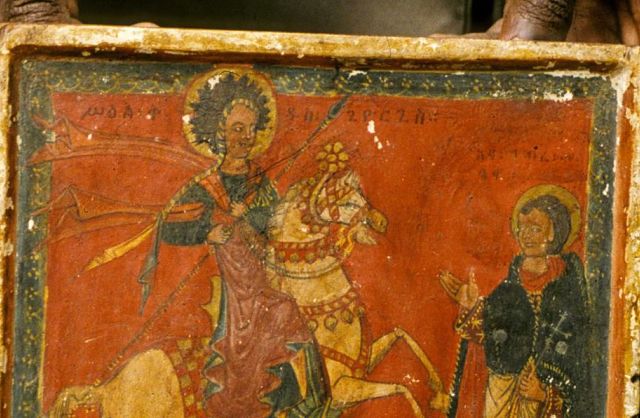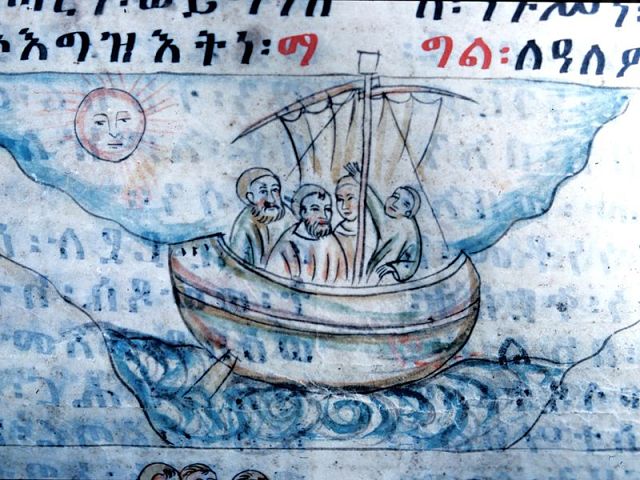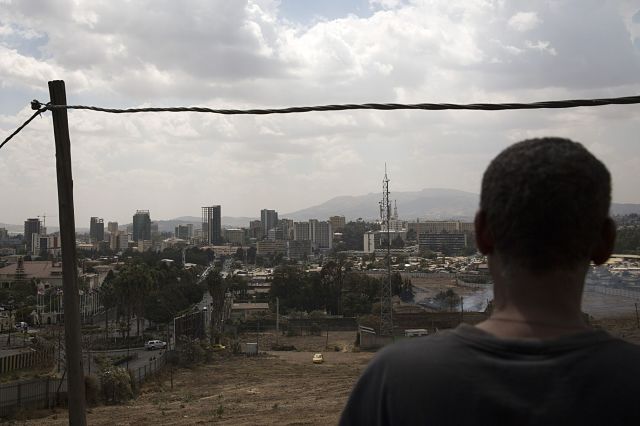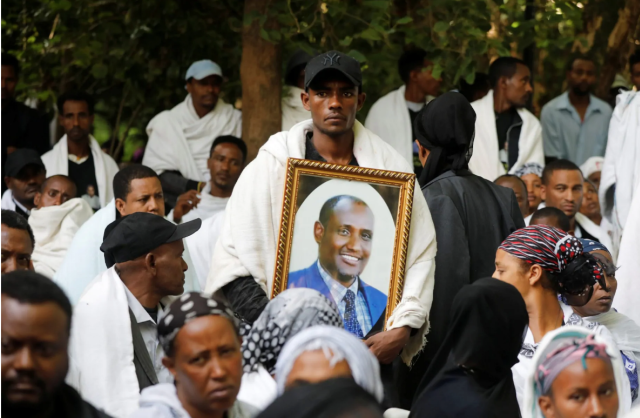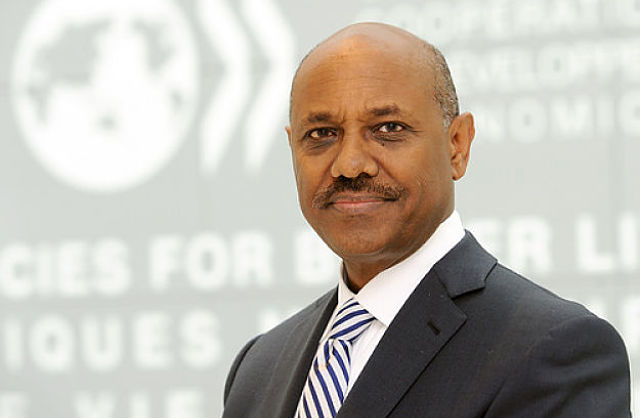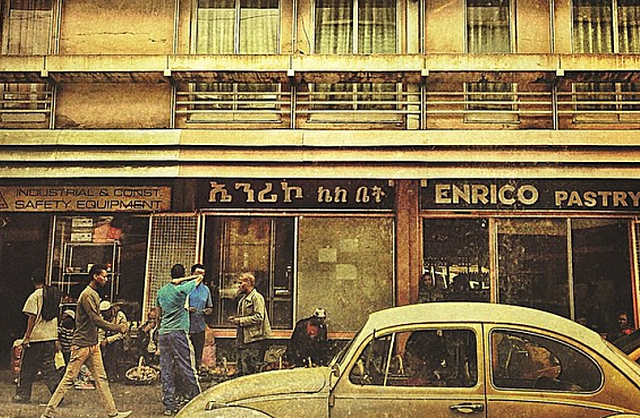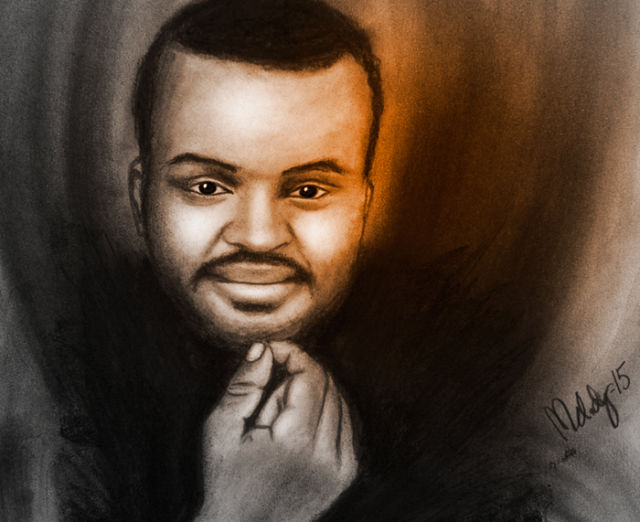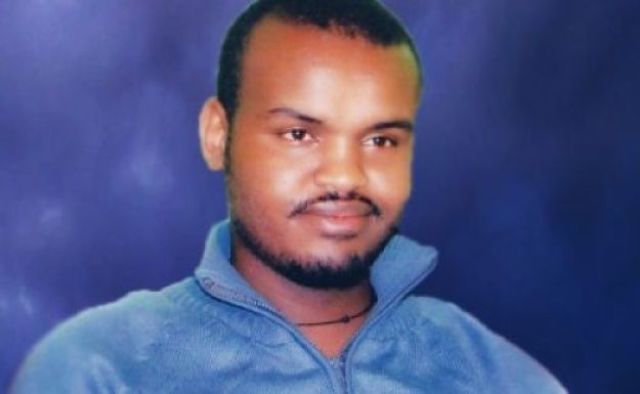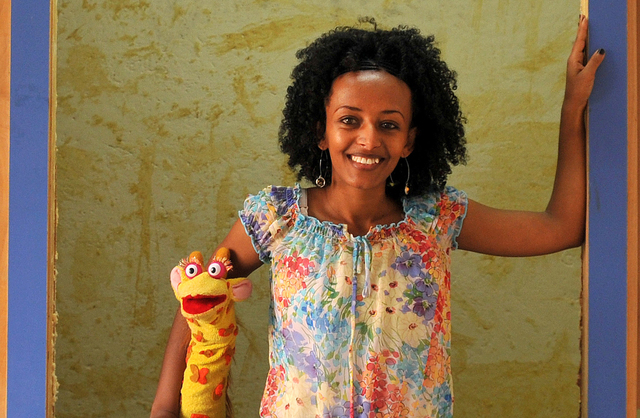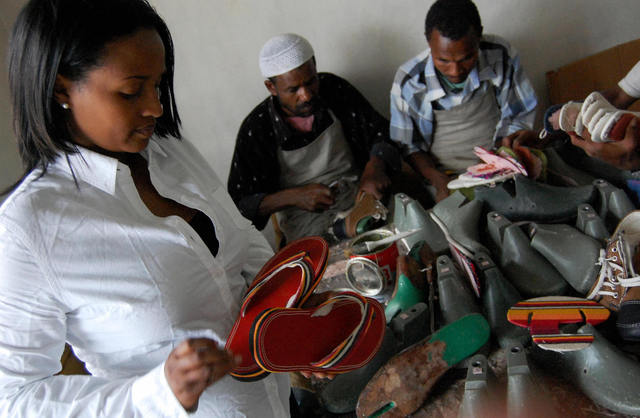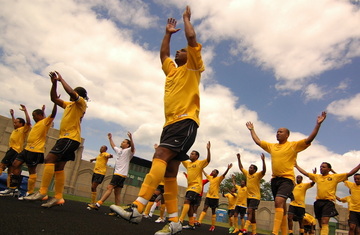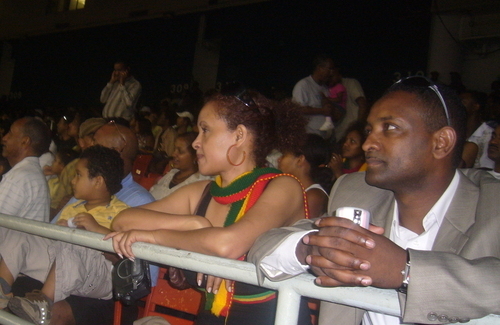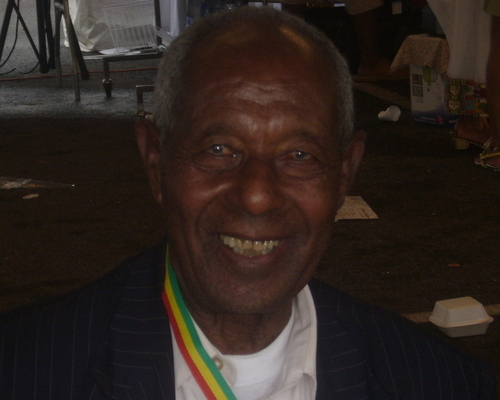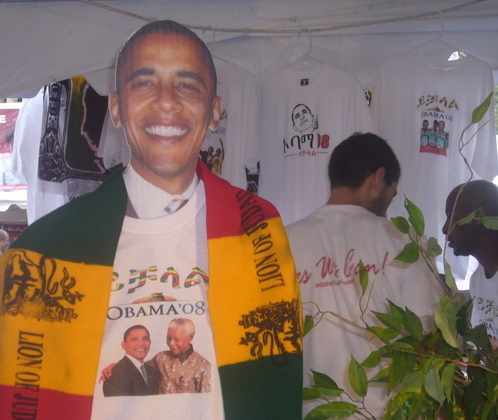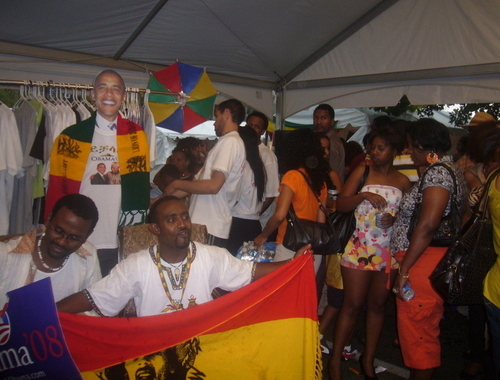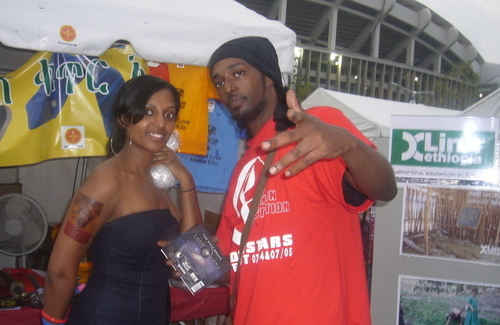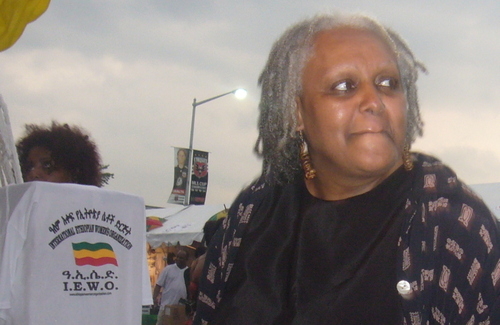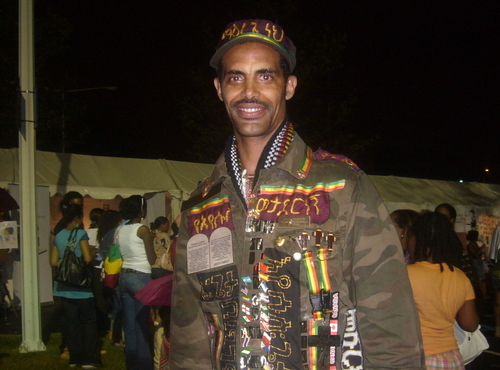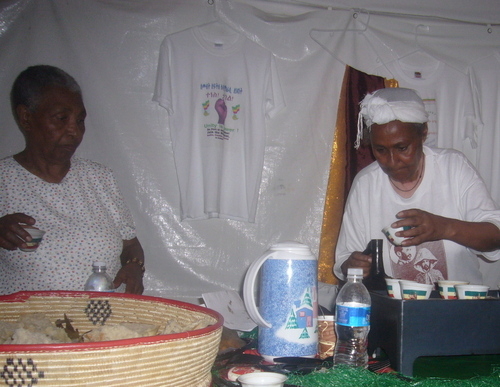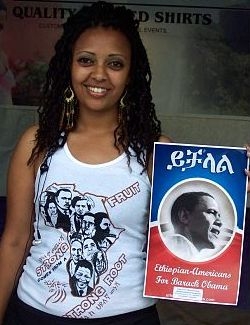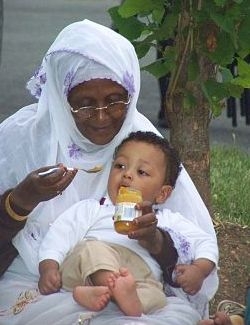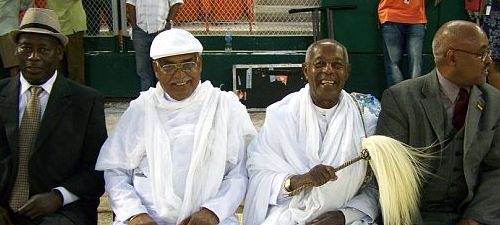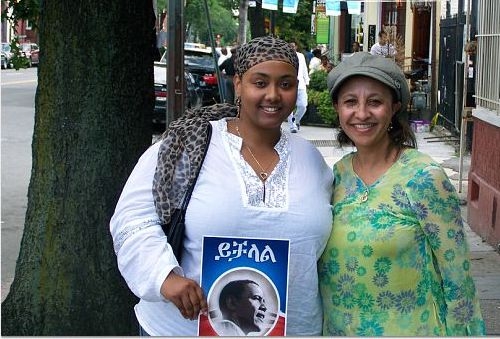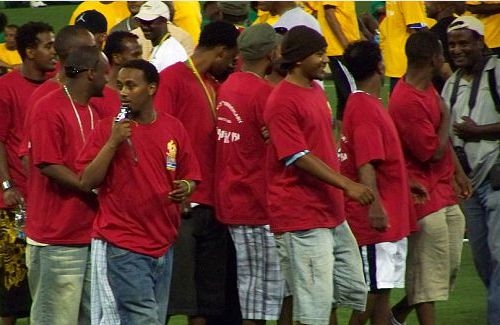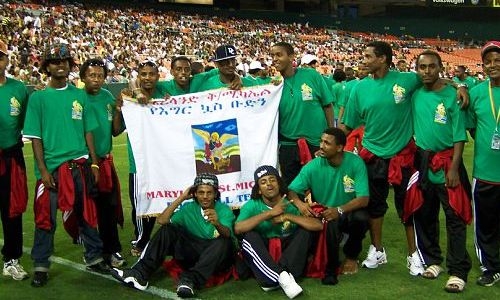 Hachalu Hundessa, well known for his political songs, was shot dead on Monday in Addis ababa. The 34-year-old had said that he had received death threats and the police are now holding a number of suspects. Thousands of his fans headed to the hospital in the city where his body was taken, BBC Afaan Oromo's Bekele Atoma reports. (BBC News)
Hachalu Hundessa, well known for his political songs, was shot dead on Monday in Addis ababa. The 34-year-old had said that he had received death threats and the police are now holding a number of suspects. Thousands of his fans headed to the hospital in the city where his body was taken, BBC Afaan Oromo's Bekele Atoma reports. (BBC News)
Reuters
Protests in Adama kill eight, injure 80 – doctor
ADDIS ABABA (Reuters) – At least eight people have been killed and 80 injured in protests in the Ethiopian town of Adama after a popular singer was killed in the capital the day before, a doctor told Reuters on Tuesday.
Six people died on their way to hospital and two died in intensive care, said Dr Mekonnen Feyissa, the medical director of Adama’s main hospital. The hospital received around 80 injured patients, he said. Most had been shot but some had been hit with rocks or stabbed.
Adama is about 90 km (56 miles) southeast of the capital, Addis Ababa.
Reporting by Dawit Endeshaw
—
Internet cut off in Ethiopia amid outcry over death of singer-activist
By Bethlehem Feleke, CNN
(CNN) Internet access was cut across Ethiopia on Tuesday amid national protests over the shooting death of singer and activist Hachalu Hundessa.
Hachalu, a prominent figure in the Oromo ethnic group, was shot Monday night at the Gelan Condominiums area of the capital Addis Ababa, according to state broadcaster EBC citing the Addis Ababa police commissioner, Getu Argaw.
On Tuesday, images of protesters in the capital and in Oromia region circulated on social media and the US Embassy in Ethiopia released a security alert saying the embassy was “monitoring reports of protests and unrest, including gunfire, throughout Addis Ababa.”
Demonstrators also protested the singer’s death in front of the US embassy, the alert said, describing the situation as “volatile at this time.”
A blanket shutdown
Netblocks, an internet-monitoring NGO, reported that internet “has been cut across most of Ethiopia from just after 9am local time on Tuesday.”
Read more »
—
Hachalu Hundessa: Killing of Ethiopian singer sparks unrest (DW)
Hachalu Hundessa — famed for his political songs — had been considered a voice for Ethiopia’s largest ethnic group, the Oromo, during years of anti-government protest. Heavy violence has been reported after his killing.
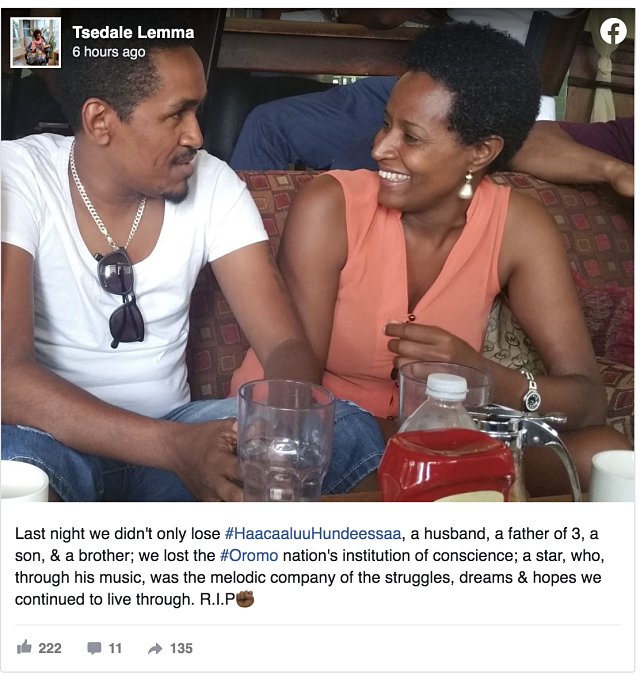
‘Voice of a generation’
The context to the singer’s death was not immediately clear, although the embassy said Hundessa’s supporters had blamed security forces and “assume a political motive” for the crime.
Ethiopia’s prime minister, Abiy Ahmed, expressed his condolences and tweeted that an investigation was currently under way.
Hundessa in 2017 was described by OPride.com as an “electrifying voice of a generation that is revolting” after being awarded the portal’s Oromo Person.
“For capturing and expressing the frustration, anger, and hope of Oromo protesters through revolutionary lyrics; for courageously defying forcible suppression of dissent and boldly proclaiming ‘we are here and not going anywhere’; for providing a stirring soundtrack to the budding Oromo revolution; for breaking down fear and structural barriers through rousing musical storytelling, and for uniting the Oromo masses and amplifying their collective yearning for change, Haacaaluu Hundeessaa is OPride’s Oromo Person of 2017.”
The Oromo, Ethiopia’s largest ethnic group, had taken to the streets to complain about what they perceive as marginalization and persecution by the central government.
Oromo protests made international headlines when Ethiopian long-distance runner Feyisa Lilesa — a member of the Oromo community — reached the finishing line raising his crossed hands at the Rio 2016 Olympics. The crossed hands have become the symbol of the anti-government movement that started in the Oromia region and spread north to the Amhara region.
Ethiopia is no stranger to ethnic violence. With over 80 different ethnic groups and Africa’s second-largest country based on population, the country is extremely diverse and disagreements between various groups often spiral into communal violence.
kw/stb (dpa, Reuters)
—
‘More than an entertainer’
By Bekele Atoma, BBC Afaan Oromo
Hachalu was more than just a singer and entertainer.
He was a symbol for the Oromo people who spoke up about the political and economic marginalisation that they had suffered under consecutive Ethiopian regimes.
In one of his most famous songs, he sang: “Do not wait for help to come from outside, a dream that doesn’t come true. Rise, make your horse ready and fight, you are the one close to the palace.”
The musician had also been imprisoned for five years when he was 17 for taking part in protests.
Many like him fled into exile fearing persecution but he remained in the country and encouraged the youth to struggle.
Read more »
—
Hachalu Hundessa: Popular Ethiopian protest singer shot dead (BBC)

Musician Hachalu Hundessa was killed in Addis Ababa on Monday, June 29th, 2020. (BBC)
BBC News
Ethiopian musician Hachalu Hundessa, well known for his political songs, has been shot dead in the capital
The 34-year-old had said that he had received death threats and the police are now holding a number of suspects.
Hachalu’s lyrics often focused on the rights of the country’s Oromo ethnic group and became anthems in a wave of protests that led to the downfall of the previous prime minister.
Demonstrations broke out in response to the news of the musician’s death.
Gunshots have been heard in Addis Ababa and people set fire to tyres.
Thousands of his fans headed to the hospital in the city where the body of the singer was taken on Monday night, BBC Afaan Oromo’s Bekele Atoma reports.
To them, he was a voice of his generation that protested against decades of government repression, he says.
Police used tear gas to disperse the crowd.
The internet was also shut down in parts of the country as protests spread in Oromia regional state.
Hachalu’s body has now been taken to the town of Ambo, about 100km (62 miles) west of the capital.
Prime Minister Abiy Ahmed has expressed his condolences saying in a tweet that Ethiopia “lost a precious life today” and describing the singer as “marvellous”
Read more »
—
Popular Ethiopian singer Hachalu Hundessa shot dead in Addis Ababa (Al Jazeera)
A popular Ethiopian musician has been shot dead in the country’s capital, Addis Ababa, local media reported, quoting police. He was 36.
Hachalu Hundessa, an ethnic Oromo also known as Haacaaluu Hundeessaa, was shot in the city’s Gelan Condominiums area late on Monday, Addis Ababa’s police commissioner said.
Geta Argaw said police had arrested several suspects, state-affiliated Fana broadcaster reported on Tuesday.
Prime Minister Abiy Ahmed expressed his condolences, saying Ethiopia had “lost a precious life”.
“I express my deep condolences for those of us who are in deep sorrow since the news of the death of the shining young Artist Hachalu Hundesa,” Fana reported the prime minister as saying. “We are expecting full investigation reports of this evil act.”
“Let us express our condolences by keeping ourselves safe and preventing further crime,” Abiy said.
Ethiopians on social media, including the country’s ambassador to Washington, expressed their shock at the killing of the popular musician.
On Tuesday, youths enraged by the killing of the musician, who was known for his protest songs, burned tyres during demonstrations in Addis Ababa.
Hachalu, a former political prisoner, rose to prominence during prolonged anti-government protests, which propelled Abiy, a fellow Oromo, into office in 2018. Oromo ethnic group, which have historically faced discrimination, led the the mass protests.
Abiy’s rise to power ended decades of political dominance by ethnic Tigray leaders in this multi-ethnic African nation.
His rule has ushered in greater political and economic freedoms in what had long been one of the continent’s most repressive states. He was awarded the 2019 Nobel Peace Prize for ending conflict with neighbouring Eritrea and his reforms.
But the rise in political activism has also led to an increase in unrest in a country made up of more than 80 ethnic groups. Abiy’s rule has been frequently challenged by local powerbrokers demanding more access to land, power and resources.
His pan-Ethiopian politics have sparked a backlash from some elements of his own Oromo powerbase, spearheaded by a media magnate, Jawar Mohammed.
“They did not just kill Hachalu. They shot at the heart of the Oromo Nation, once again !!…You can kill us, all of us, you can never ever stop us!! NEVER !!” Jawar posted on his Facebook page on Tuesday.
Clashes between police and Jawar’s supporters killed at least 78 people in October last year after the government tried to withdraw Jawar’s security detail.
Elections due this year have been postponed until next year due to COVID-19 in a deal agreed with the major opposition parties.
—
Join the conversation on Twitter and Facebook.
 The annual Empower the Community Weekend hosted by Helen Mesfin of the Helen Show on EBS TV takes place this weekend at the Washington Convention Center. (Courtesy photo)
The annual Empower the Community Weekend hosted by Helen Mesfin of the Helen Show on EBS TV takes place this weekend at the Washington Convention Center. (Courtesy photo)






